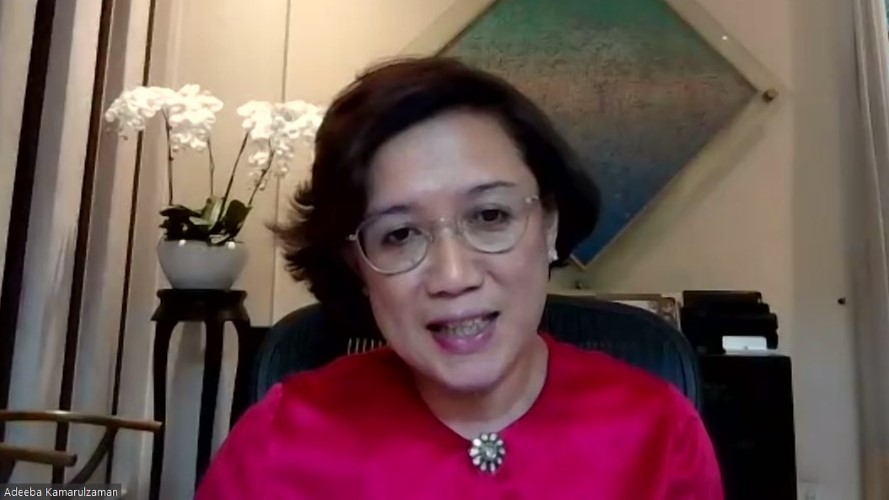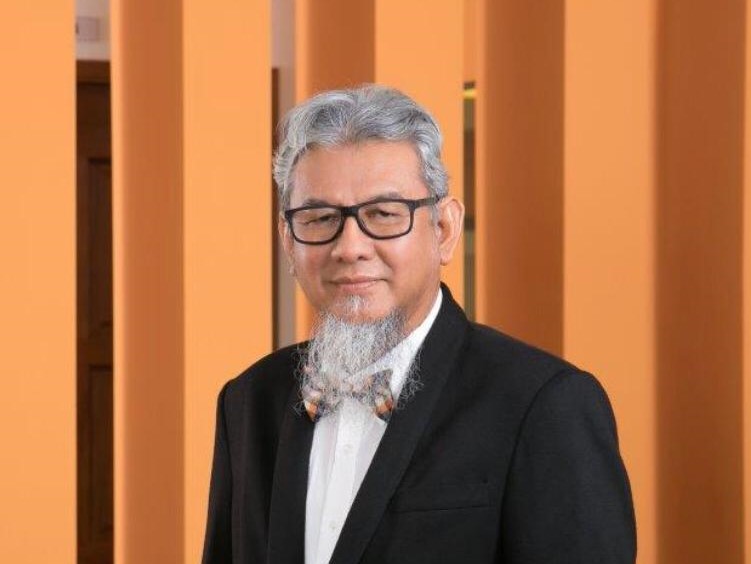KUALA LUMPUR, Nov 17 — The Health and Science Covid-19 Advisory Group of Experts (EAG) has called for a better Covid-19 alert system and improvements to pre-hospital care that would allow the country to respond better to a potential surge in coronavirus cases.
Public health expert Prof Dr Lokman Hakim Sulaiman told Parliament’s health, science and innovation committee in a meeting on September 28 that Klang Valley had over 30,000 backlog notification Covid-19 cases to clear in a week at the peak of its crisis between July and August this year, as cases needed to be investigated and verified before further action could be taken.
“So, when we talk about automation that you are talking about, Mr Chairman (Bandar Kuching MP Dr Kelvin Yii), I think this is very important, very urgent. We hope that the system that you are working on, please, talk to the people on the ground, what the system is needed for.
“You need to understand their work, their function. So that, whatever you develop later on will really be functional. Otherwise, [as] Dr Farhan Rusli has warned us about our preparedness in facing the net surge of cases, we don’t know,” Dr Lokman added, referring to Selangor Task Force Operations director Dr Farhan.
“Currently, we are doing well in Klang Valley because we have 1,000 volunteers to help the PKV clear the backlog. So, what happens if these volunteers are taken out at the end of the term?
“So, whatever the system that you develop must be able to do the function of these 1,000 volunteers. That’s what I’m trying to say. Such an efficient system could be automated because I’m sure [Health director-general] Tan Sri [Dr Noor Hisham Abdullah] knows about it, JPA (Public Service Department) will not approve any more posts to strengthen the human resource needed to manage this data,” Dr Lokman said, according to transcripts of the meeting published in the special committee’s “Transitioning from Pandemic to Endemic Covid-19 Safely and Sustainably” report tabled in Parliament on November 1.
For context, Dr Lokman was responding to discussions about using the MySejahtera application for testing, contact tracing, colour-coded track alert system, and risk communication.
It was shared during the meeting that MIMOS Bhd, under the Ministry of Science, Technology And Innovation (MOSTI), was looking at various functions and features for contact tracing to be incorporated into the MySejahtera app.
They include the construction of machine learning using a possible predictive algorithm to identify the granular risk of individuals who are exposed to Covid-19, an enhanced dashboard that allows contact tracers (authorities) to identify, locate, and trace citizens who are potentially exposed to the virus, as well as home surveillance apps using geo-locations to monitor quarantine cases.

Infectious disease expert Prof Dr Adeeba Kamarulzaman, who was also present during the select committee meeting, added that better preparedness also involved improving pre-hospital care.
“To follow up on what Dr Lokman said, you know, improving the e-notification is one part of the response. The second is improving pre-hospital care. Automation is crucial, volunteers and GPs are crucial. So, I think to reduce the number of deaths, that component is possibly second to the automated PKD (district health office) e-notification, testing notification et cetera, and is the weak point that we observe currently.
“Again, it is worth looking into what SELangkah has without reinventing the wheel. It needs to be strengthened, working together with GPs. I think we learned all this in the Special Committee for Ensuring Access to Covid-19 Vaccine Supply (JKJAV) task force and will put us in a good place for the next phase. Hopefully, it won’t be anywhere near severe as we’ve all experienced,” Dr Adeeba said.
Malaysia’s declining Covid-19 trend has taken a turn, as new infections rose nationwide last week for the first time, at 11 per cent, after decreases over 11 consecutive weeks.
Hospital admissions for Covid-19 patients are also rising in multiple states, including the Klang Valley, Negeri Sembilan, Johor, Kedah, Melaka, Perak, and Terengganu, according to the CovidNow website. Terengganu, Kelantan, Melaka, and Kedah recorded hospital bed occupancy rates exceeding 80 per cent as of November 15.








